Supplementation is generally considered an addition to an already healthy diet. They are of particular interest to athletes and active adults who include them in their sports nutrition to help meet a range of needs like enhancing athletic performance or achieving personal fitness goals. They are by no means a replacement for a healthy diet and without a well-designed nutrition plan that includes proper foods, nutrients, and hydration protocol they can rarely be effective. Since the market is saturated with products, it can be difficult to decipher what actually works. We encourage you to try and pinpoint which areas you would like to improve in, e.g. recovery, energy, muscle growth, etc. as this should make it easier to discover which sport supplements can help you meet your goals.
When to Supplement?
Dietary supplements are typically taken before (‘pre-workout) or after exercising (‘post-workout) and are sold in a variety of forms from pills to powders and ready-to-drink shakes.
- Pre-workout supplements are designed to provide energy and aid endurance throughout a workout. They are typically taken 15-30 minutes before a workout, but can also be consumed during exercise.
- Post-workout supplements are designed to increase muscle mass through enhanced muscle repair, recovery, and growth.
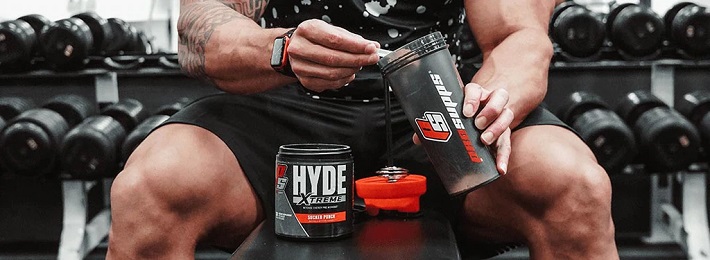
Supplement Smart
When it comes to which sport supplements are best for individual goals, it is best to do some thorough research, maybe even consult experts like doctors, trainers, dieticians, and nutritionists, and consider their advice before you just buy fitness supplements online.
All supplements need to be dosed correctly and in accordance to your body weight, possible medical conditions and specific goals in order to avoid any side effects or adverse results. This is only introductory information on some of the most common fitness supplements, but make sure to read more about their uses before you decide to implement them in your daily routines.
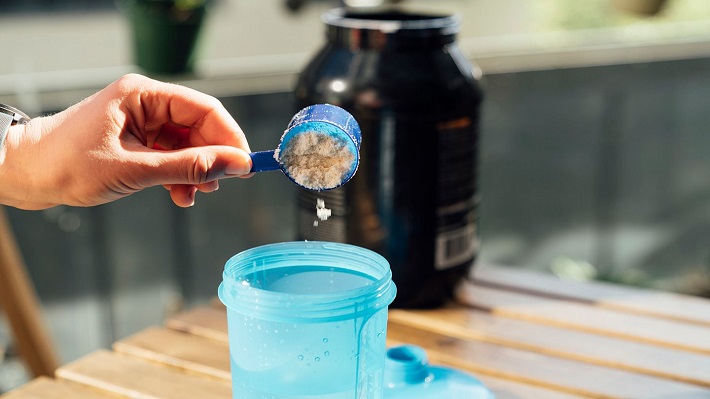
Some of the Best Supplements for:
Muscle Power
Creatine is essentially a form of fuel. It’s found in meat and fish but is also produced in the body. Creatine supplementation is primarily recommended for athletes who engage in power/strength exercises (e.g., weight lifting), or for athletes who engage in sports involving intermittent sprints and other brief repeated high-intensity exercises. It is actually a well-researched supplement and is commonly used by sportsmen and women in all disciplines, both professional and recreational.
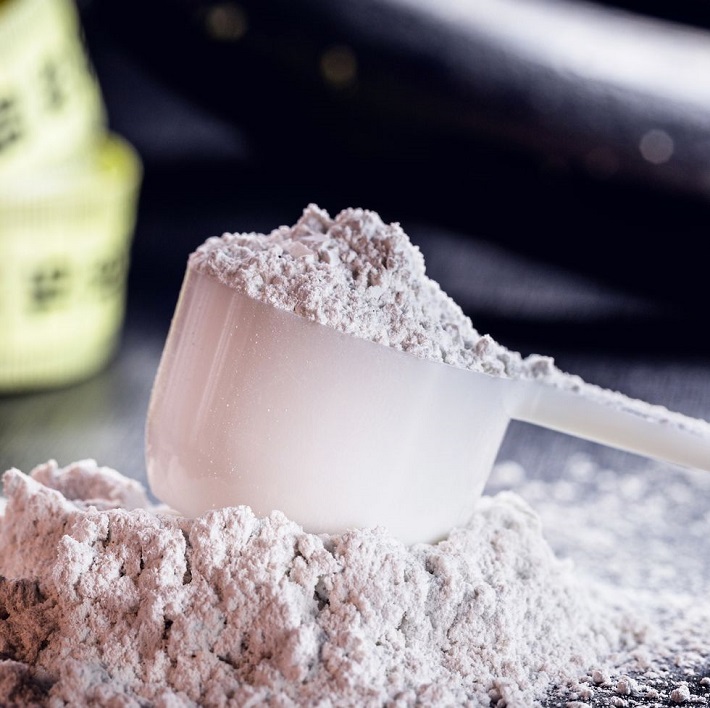
Joints and Flexibility
Studies have shown that omega-3 fatty acids, found in oily fish including sardines, herring, mackerel and salmon, have a role in protecting against many conditions, including stiff or inflamed joints and heart disease.
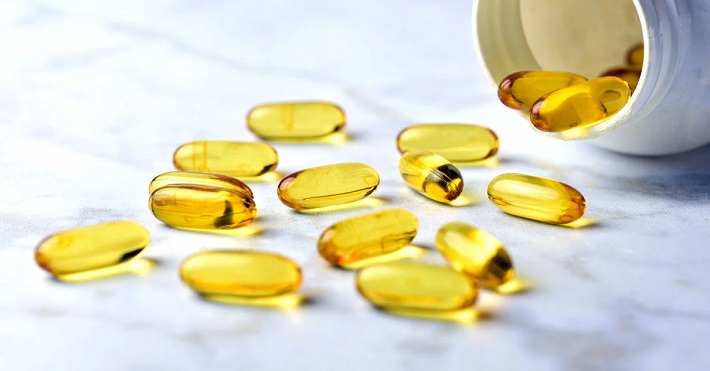
Muscle Gain and Strength
Supplementing meals with whey protein is a convenient, affordable way to top up your protein levels. Proteins are known to build, maintain and repair muscles. Numerous clinical trials have been conducted and the research findings show that it optimises muscle-training response during exercise and the subsequent recovery period.

Muscle Maintenance and Growth
BCAA stands for branched-chain amino acids. There are three of them: Leucine, Isoleucine, Valine. They are key components of muscle protein synthesis, and research has shown that leucine in particular drives protein synthesis and suppresses protein breakdown. However, not enough studies have been conducted to confirm the benefits and some have shown possible disruption of the normal action of insulin.

Energy and Endurance
Caffeine supplementation is more likely to help with endurance-type activities (such as running) and activities of long duration with intermittent activity (such as soccer) than more anaerobic, short-term bouts of intense exercise (such as sprinting or lifting weights). Some evidence suggests that caffeine is more likely to improve performance in people who are not habituated to it. Heavy caffeine use (500 mg/day or more) might diminish rather than enhance physical performance and could also disturb sleep and cause irritability and anxiety.
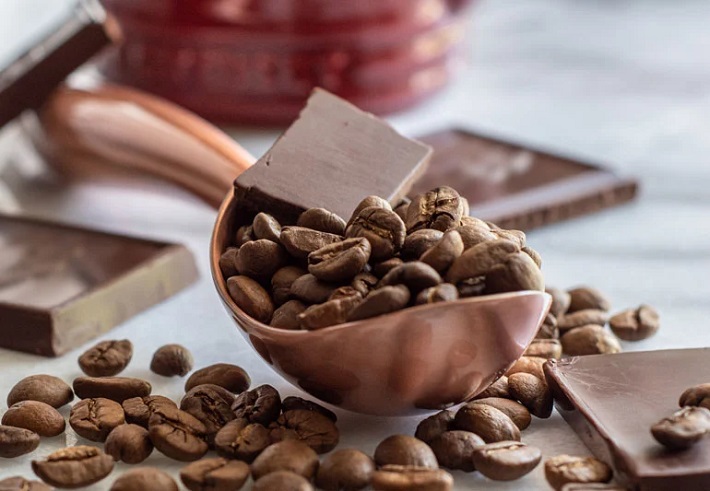
Recovery
• Magnesium is used for more than 300 reactions in the body, including the production of energy, the uptake of oxygen, and the balance of electrolytes. One of its main functions is to help the muscles and nervous system, which get hyped up by exercise, to switch off. The more intensely you exercise or do sport, the harder it can be to relax, and very tired muscles can also hurt and twitch at night, disrupting sleep.
• Electrolytes – Many supplements include electrolytes, which are chemicals that conduct electricity when mixed with water, and include sodium, potassium, and calcium. Electrolytes are important for hydration and the regulation of nerve and muscle function and they all work together to help muscles contract properly. The body loses electrolytes through sweating, so sports drinks (which typically contain carbohydrates/sugar and electrolytes) and other electrolyte supplements are often necessary after a workout.
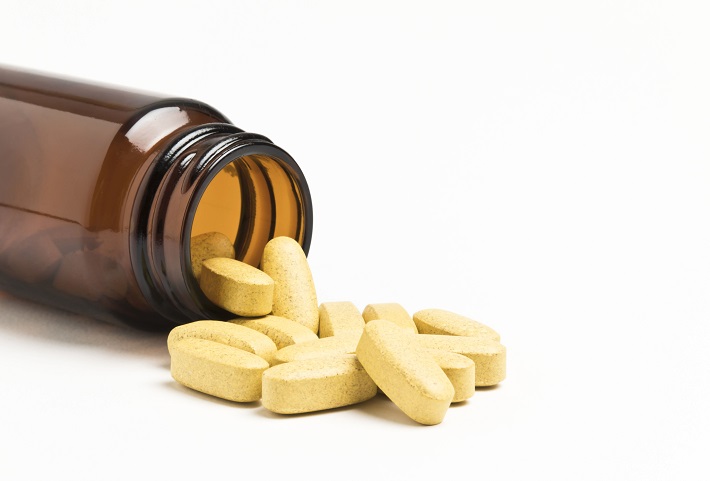
Summary
Sports foods and supplements can play a small but important role in the sports nutrition plans of high-performance athletes. They have been formulated to help support the body before, during and after exercising. Benefits vary from product to product, as do the results for individuals depending on what exercise they do.
Sporting organisations, sports science and medicine practitioners, coaches and athletes all contribute to a pragmatic and transparent approach that balances the pros and cons of supplements and sports food.
The Australian Institute of Sport has provided guidelines and ABCD Classification system that ranks sports foods and supplement ingredients into four groups according to scientific evidence and other practical considerations that determine whether a product is safe, permitted and effective in improving sports performance. So, if you want more information on the subject, you can consult it.



